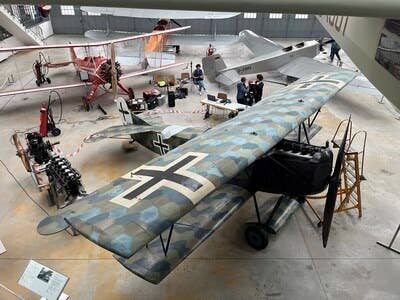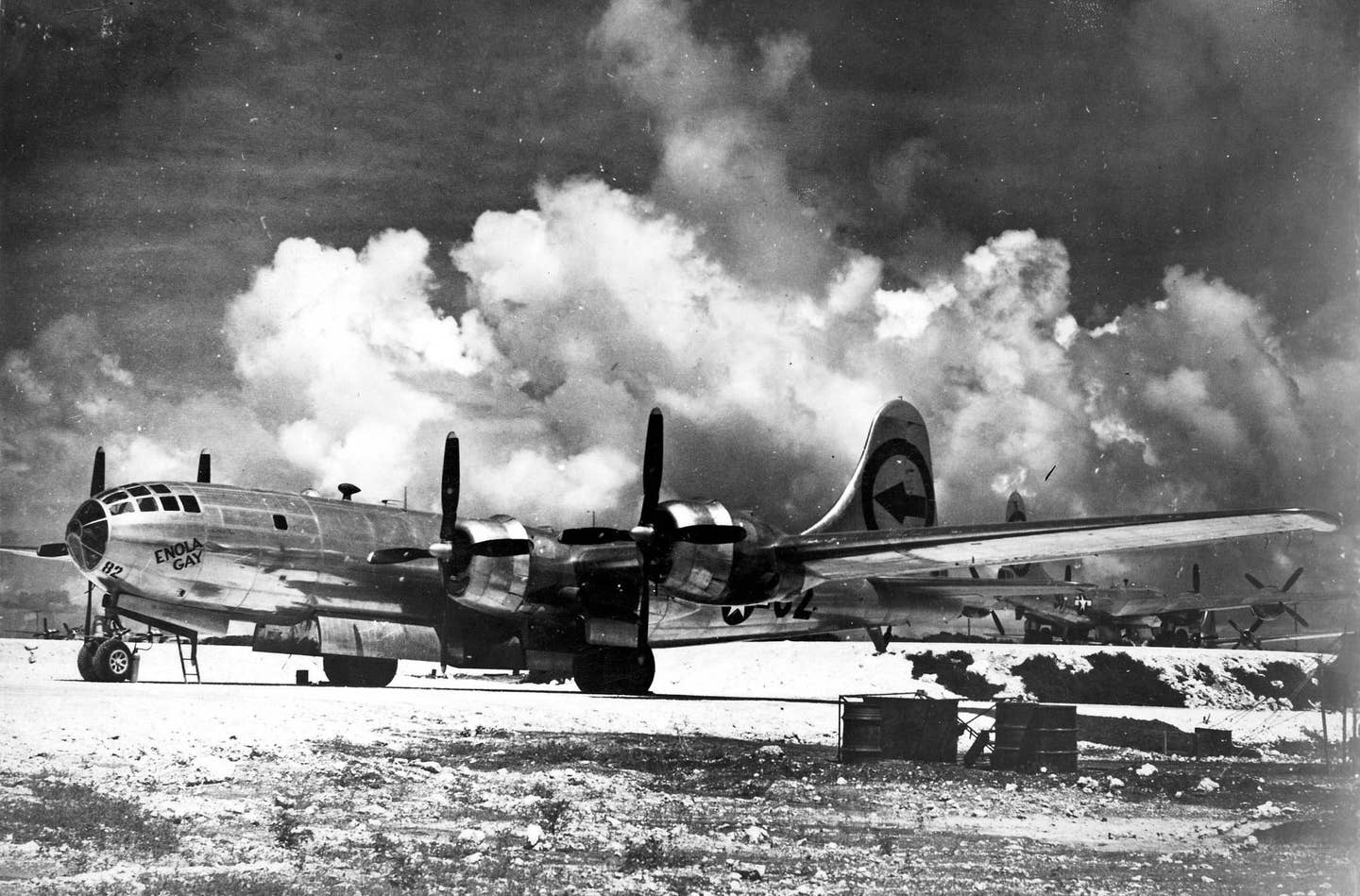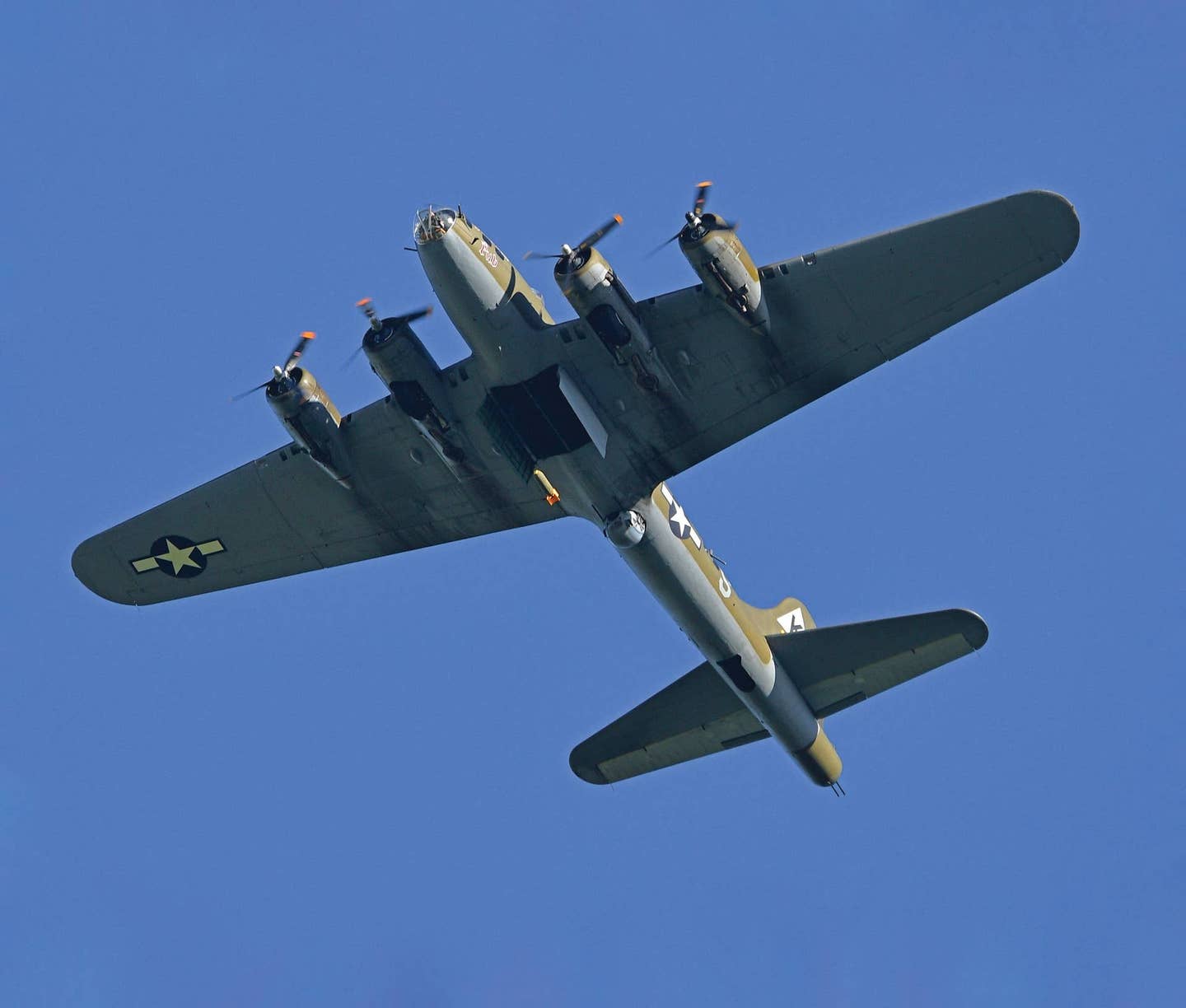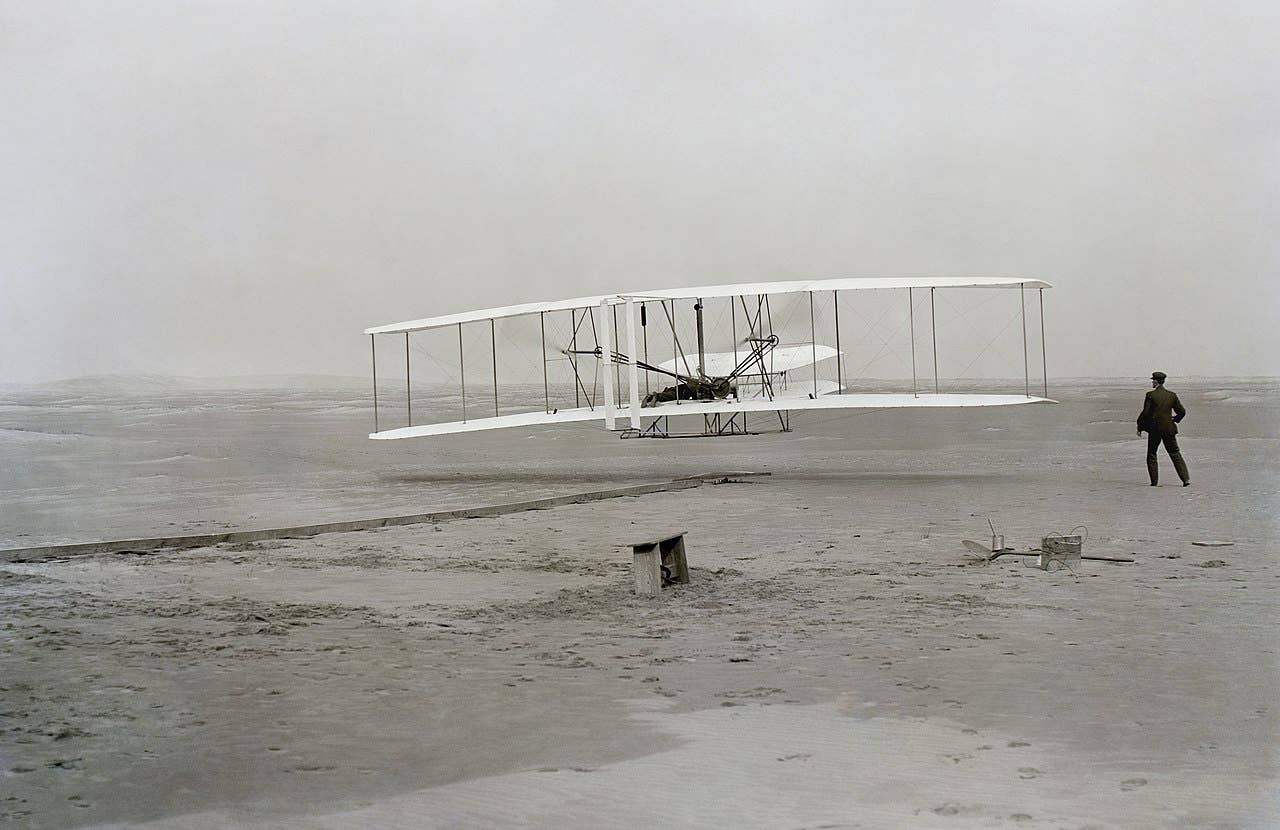Museum Spotlight: Pearl Harbor Aviation Museum
The museum’s favorite aircraft among visitors was left abandoned in a swamp for decades before it was found and restored.
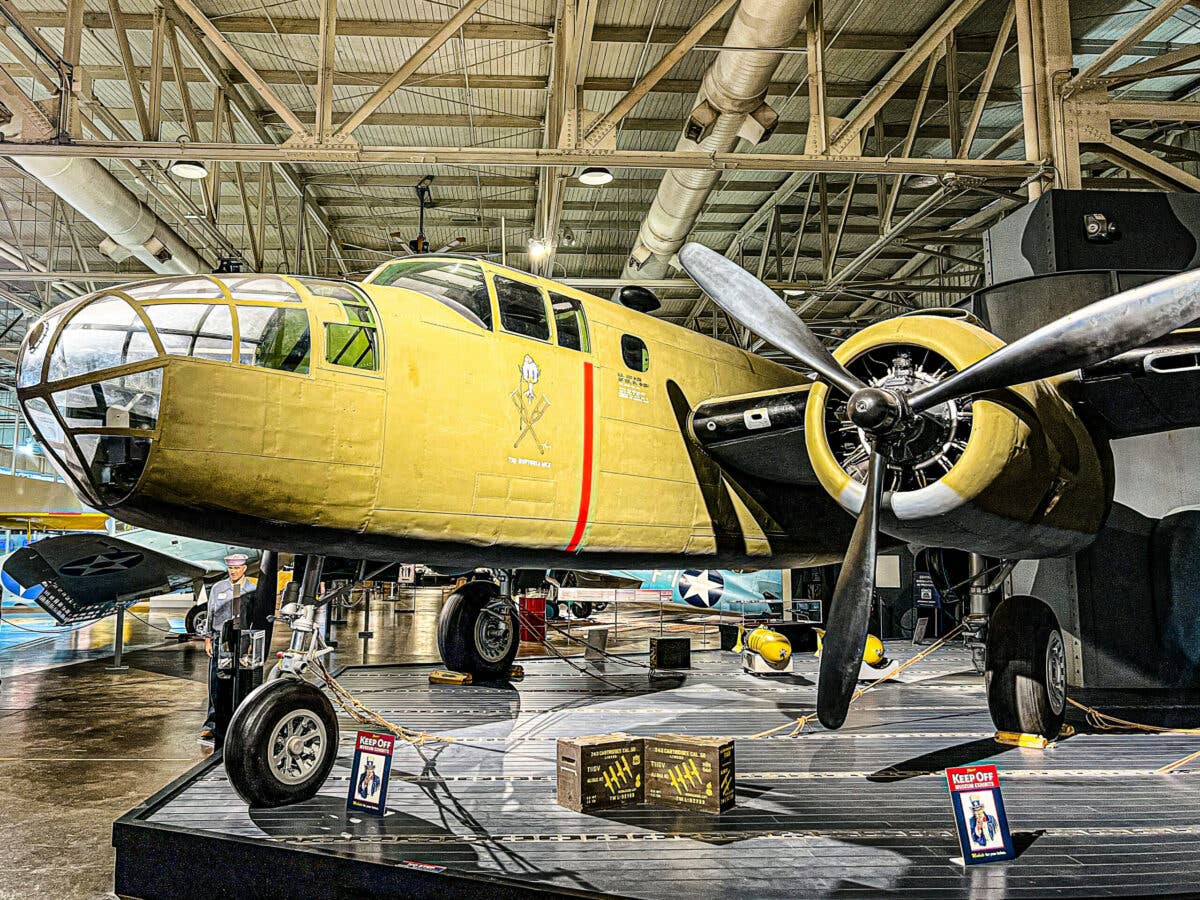
The Pearl Harbor Aviation Museum is a not-for-profit museum that focused on the attack on Pearl Harbor that plunged the U.S. into World War II. [Credit: Stephen Yeates Photography]
We all have our favorite aircraft—even the people who are charged with caring for them at the aviation museums across the country. Since December is the birthday month of powered flight, FLYING magazine reached out to museums across the country to find out which aircraft are the personal favorites of the museum staff as well as the museum visitors.
H2: Pearl Harbor Aviation Museum, Honolulu, Hawaii
Elissa Lines, executive director of the Pearl Harbor Aviation Museum notes her favorite aircraft is the P-40 Warhawk. On December 7, 1941, a handful of P-40s made it into the sky to go against the Japanese Zeros.
"Though not a December 7 P-40, our aircraft shares the story of the Flying Tigers,” says Lines. “It is an aircraft type that did get airborne on December 7, striking back immediately. Our P-40, on loan from FedEx, has a great history and is a flyable aircraft. Periodically, a mechanic does come to test the systems like the hydraulics controlling the landing gear, flaps. It is spectacular to watch the gear retract!"
H2: The Visitor Favorite: B-17 Swamp Ghost
"It was to be with the group of B-17s that were coming to Hawaii on December 7. The radar operator on Opana Point, when the Japanese aircraft were spotted, was mistakenly told not to worry—they were expecting arriving B-17s," says Lines. "Our B-17 was actually delayed due to engine issues. It was deployed on its first mission in early February and unfortunately, it sustained sufficient damage in the Battle of Rabaul."
According to Lines, the crew, fearing that the aircraft would not make it back to the base, elected to make an emergency landing in what they thought was an open field, but turned out to be a swamp.
"The crew all safely got out and made it to another base—they all served out the war," said Lines. "The aircraft remained in the swamp, undetected for decades, until an aircraft flying overhead saw it. It was pilfered and damaged by weather and the elements but in the early 2000’s, a California restaurant owner, David Tallichet, and an archeologist, Alfred Hagen, acquired the aircraft and pulled it from the swamp—hence its name, Swamp Ghost."
Lines adds that the aircraft now sports a nose art designed by Disney artists—during World War II, Disney characters were frequent choices for aircraft nose art.
Donald Duck in particular was a favorite of the troops, as he was known for his hot temper and willingness to fight when provoked.

Sign-up for newsletters & special offers!
Get the latest FLYING stories & special offers delivered directly to your inbox


